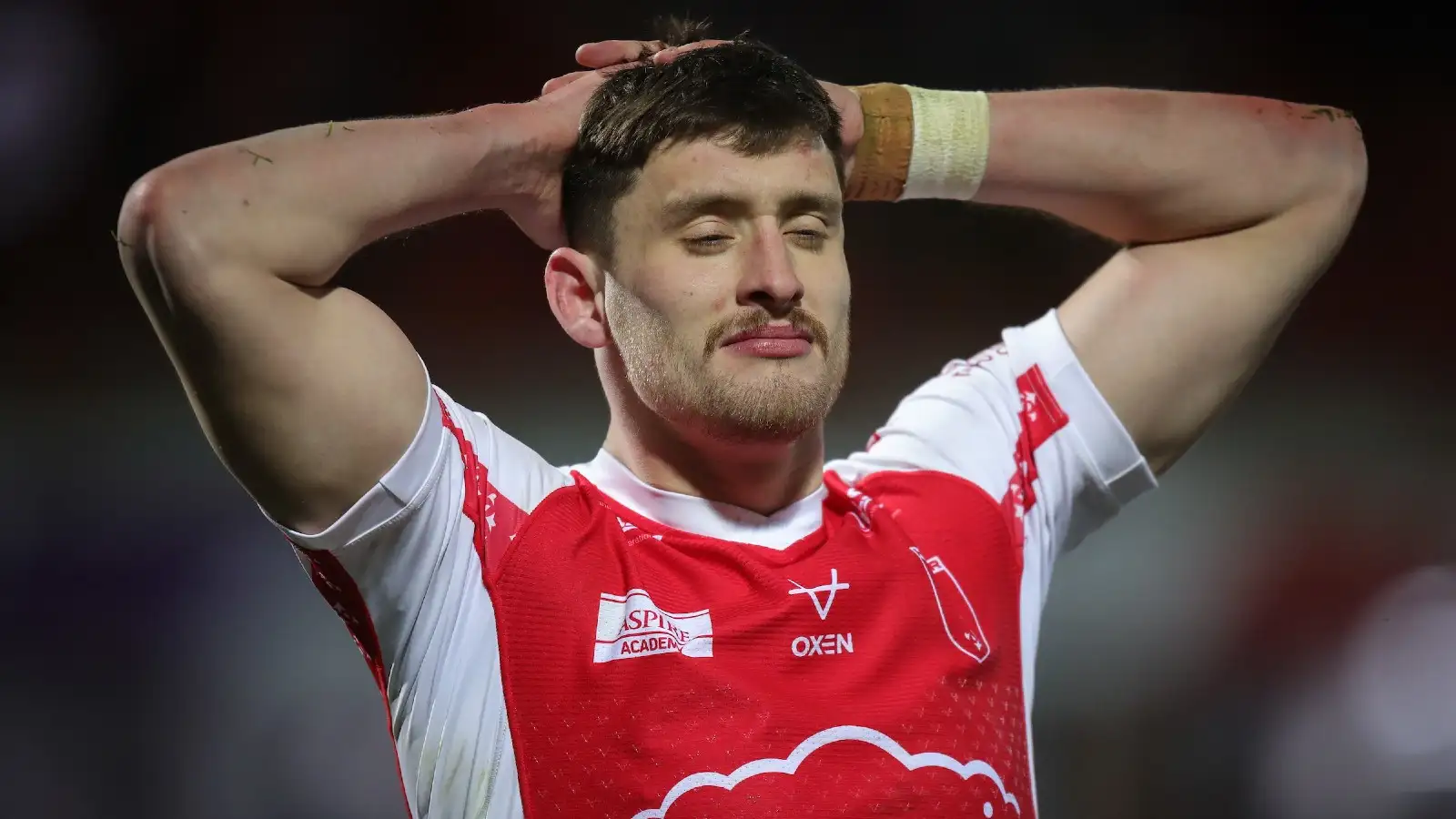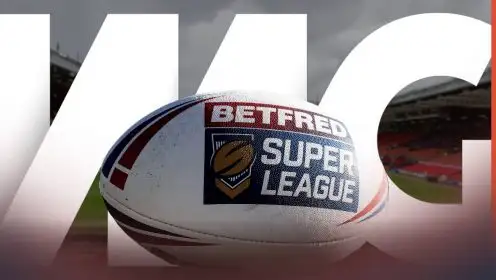The worst thing about the IMG proposals being passed

It’s the first step to what everybody hopes will be a positive impact that IMG has on the sport of rugby league during its 12-year strategic partnership with the RFL.
The new grading system was approved in a vote of clubs on Wednesday, marking a return to a form of licensing, that we first saw implemented back in 2009.
The response of fans isn’t quite as overwhelming as that of the Rugby League Council – a poll on Love Rugby League recorded that 64% of fans were in favour of the IMG proposals based on the details we have been provided – but it gives enough of a majority to encourage IMG and the sport as a whole that it can now kick on.
Clubs vote for strategic partner to plough on… for now
You can only hope that as time goes on and IMG’s mandate increases, that the current system of asking clubs to vote things through is abolished.
The absurdity of it all was perhaps best reflected by the revelation that Salford had seemingly accidentally abstained from voting, and London Skolars had voted against the proposals when they intended to abstain.
Confusion over who had voted against the proposals should have been avoided by it simply being transparent what each council member had voted for – something that Batley chairman Kevin Nicholas had been calling for ahead of the vote.
The only way to move forward is to absolve the individual clubs of the responsibility of the overall growth of the sport, and have that controlled by a strategic board or management that set parameters for the club’s to achieve.
Collate feedback and hold consultations with clubs of course, but don’t put the entire future of the sport in the hands of individuals who will almost certainly vote in self-interest at least a proportion of the time.
Now that Keighley have lost this battle, maybe they want to take on revolutionising the voting process – something that they complained about at the eleventh hour in the build-up to the vote, despite its existence for the past 15 years.
The criteria makes sense, but shouldn’t it be happening anyway?
Fundamentally, the grading criteria makes sense. Clubs should be encouraged to increase their fanbase (shouldn’t they be doing that naturally already?), improve their facilities, be active in their community and do well on the pitch.
There’s no doubt that the biggest issue is there have been a number of clubs resting on their laurels, taking whatever portion of the central distribution they get to simply exist on the field, without making a great deal of progress off it. Living off that money and using it simply to fund a competitive team, with little substance beyond that, is the habit and complacency that rugby league wants rid of.
That’s rightly ticked off some clubs, who develop the player pool and bring in the crowds (ergo the broadcast revenue).
From a commercial point of view, the grading criteria makes sense too. It enables clubs and the relevant businessmen (and women) behind them to have clear measurables that they can work towards.
Ultimately, the majority of these things should have been happening anyway (and they do, at some clubs).
Keighley’s approach has bordered on hysterical at times. But there are points within their argument that hit home, such as this:
“What IMG still fails to demonstrate in this plan is how any of these will bring more attention to the sport. Nothing about marketing has been mentioned, nothing about helping clubs on running foundations and giving them the support need has been mentioned.
“They have put unfunded financial expectations on clubs, but with no information on how this will bring in more revenues. We know nothing about a Sky deal, we know nothing about central funding. Yet we are expected today to vote in IMG to control this sport, for the next decade, with zero financial benefit coming in.”
MORE REACTION: Featherstone reveal only sticking point that caused them to vote against IMG proposals
It remains to be seen just how the Emperor’s new clothes will attract new revenue, whether that be broadcast or through sponsorship, and that will be the real litmus test of the strategic partnership.
Makes sense in the boardroom, but to fans?
Where grading/licensing also gets problematic is how it looks to fans.
Opinion is relatively split. Of course, there are the knee-jerk reactions of people who see the headline of ‘automatic promotion and relegation has been removed’ and instantly proclaim the sport is dead.
Many understand that change is needed to drive more revenue in to the game and to increase its reach.
But is having a grading (or licensing) system really the answer?
All it seems to have done over the past decade or so is drive a wedge between fans of clubs, the haves and have nots, the hipsters and the not-so trendy.
Later this year, when the first dummy run of the grading scores are announced, we’ll no doubt have lots of sniping and smearing between fans of clubs trying to belittle each other and trying to claim the grades are unfair.
Instead of working together to grow the reach of the sport, the licensing era has created a culture of shouting each other down. My ground’s bigger than your ground. My town’s cooler than your town. My dad’s bigger than your dad.
And where has it got us to date? Nowhere.
There is no doubt that there are a decent number of people who love rugby league. Heck, this very site wouldn’t exist if that wasn’t the case. But you can’t deny too that there are many (former?) rugby league fans who have been turned off or disillusioned by the changes that game has forced upon itself in the past two decades.
Change is perceived to be needed to attract new people to the sport, those who won’t have any idea of what’s going on right now, but at the same time, alienating the existing supporter base is counter productive.
Fighting against each other is not the way forward. Rugby league’s constant internal struggles have made it virtually anonymous to the wider sporting world.
And that’s the worst thing about the IMG’s proposals – it signs us up to more of it for the foreseeable future.
More on IMG proposals
Clubs vote in favour of IMG proposals
The seven clubs that voted against IMG proposals
Club’s fans ‘disillusioned’ with rugby league ‘deserted in droves’ when promotion denied


